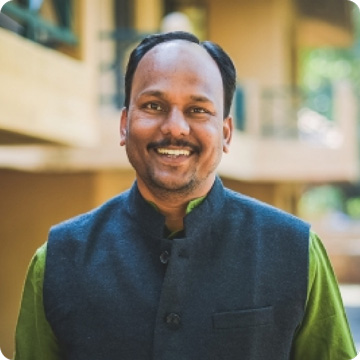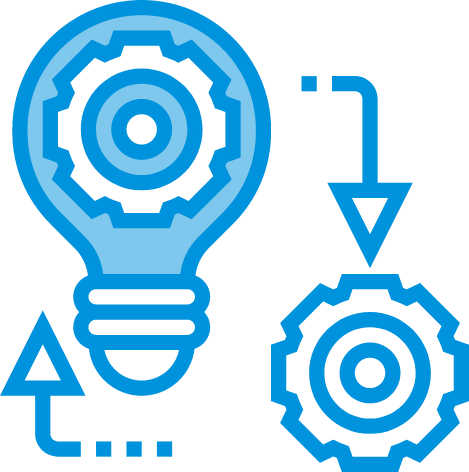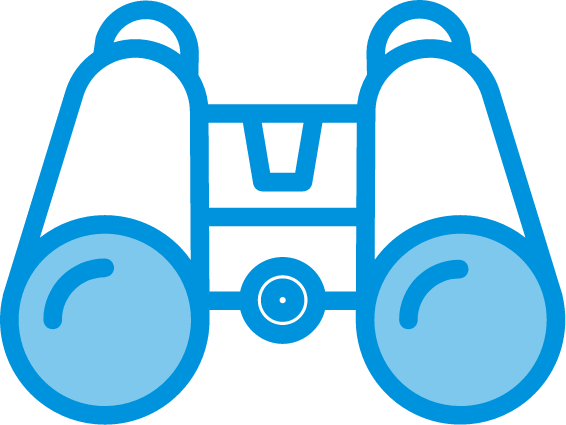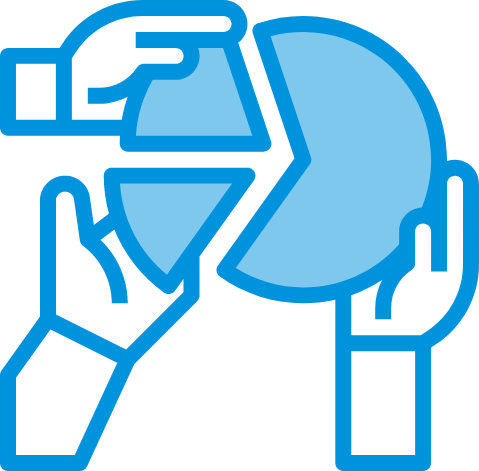We embody five key values in our work as well as our interactions with people, internal and external
alike:
equity
We aim to break hierarchies in society and within our organization
through inclusive approaches. We pay special attention to the needs of the excluded to enable an
equitable culture.
Dignity
We recognize the agency and value of each individual. People we
serve are some of the most excluded; however, we also recognize them for their labour and leadership
in the struggle against violence and inequity. We espouse respect even when dealing with conflicts.
Transformative leadership
Jan Sahas means ‘people’s courage’. Through our work we aim to
cultivate this courage, and transform the people we work with and those we work with to become
changemakers and leaders.
Co-creation
We intensively engage with and draw participation from communities
and survivors we work with, as well as our team members from the field staff to advisors. This
enables us to innovate, strengthen our strategies, and build capacity for change.
Integrity
We bear accountability to the community, survivors, and our
partners. We share our results, challenges, successes and failures alike. This enables us to
introspect and learn from our experience as well as from others.











